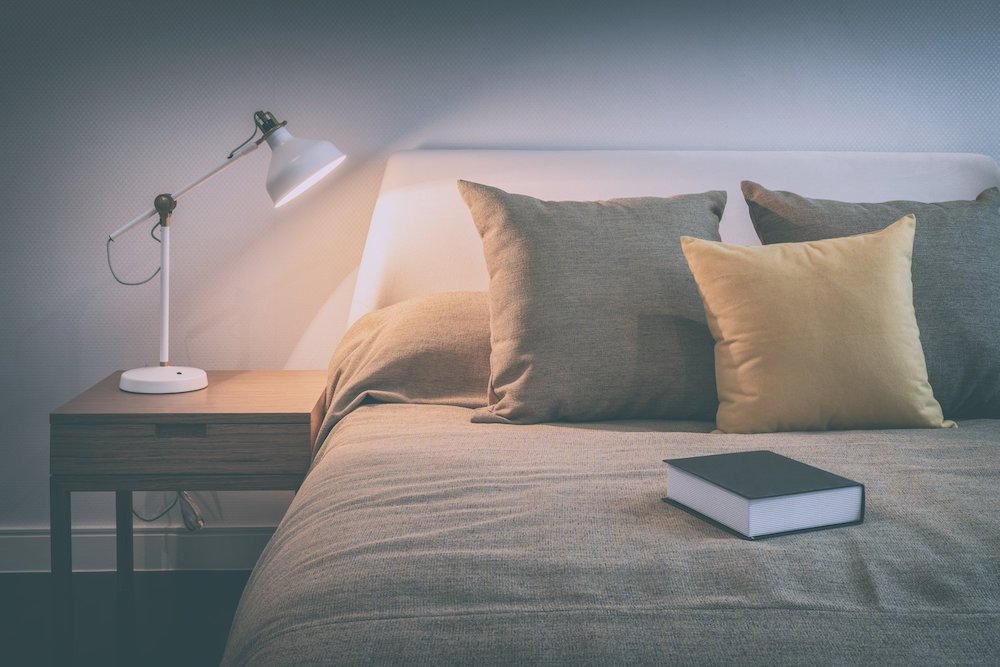
3. Sleeping environment
Your sleeping environment, which should be peaceful and tranquil, is another crucial factor. Light exposure in the bedroom, including the light from electronic gadgets, can cause sleep disruption. People may find it easier to fall asleep and stay asleep if the room is dark, chilly, and quiet.
It is effective to establish a consistent and individualized routine, taking into account factors like bed comfort and positioning, lighting, aroma, and temperature.
One of the most crucial aspects of a sleep pattern is how cozy your bed is, particularly the caliber of your bedding and mattress. This is especially true if you reinforce the behavior by waiting to get into bed until it is time to sleep.
4. Shift work
Shift workers, who frequently work hours other than the standard 9 to 5, are equally vulnerable to sleep disturbances.
The shifts of many employees are constantly changing. It is more difficult to establish a regular sleep schedule as a result. Different people adapt to shift work in different ways.
5. Jet lag
The sleep cycle can be significantly disrupted by time zone changes. It will take a few days for the body clock to acclimatize to the new zone.
6. Late eating and drinking
Heartburn and chest discomfort might result from eating too soon before bed. Avoid eating at night. Before going to bed, snacks should be brief and light. To avoid having to wake up in the middle of the night to use the restroom, try to minimize your fluid intake before going to bed.
7. Failure to relax before bed
If done too close to bedtime, exercise, computer games, and TV can all interfere with sleep.
8. Sleep disorders
Your sleep might suffer greatly from sleep problems like insomnia, sleep apnea, and restless legs. They might go years without being noticed.








